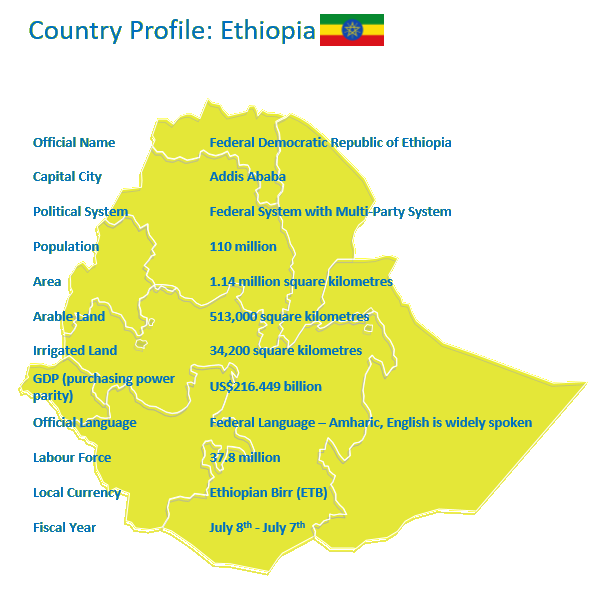WHO ARE WE ?
LitMedX is a medical import-export company based in Addis Ababa, Ethiopia. It is a partnership between the largest local food exporters and an international medical supply company. It was established in 2020 to address the shortages in medical supply for the Ethiopian market. The founders are young medical professionals who observed the challenges in medical supplies and wanted to provide a solution.
Mission
- Our mission is to raise the long-term health status of our community by providing personalized, quality care with compassion, dignity, and respect.
Vision
- To contribute our extensive knowledge of medical procedures to medical professionals in hospitals and other medical institutions .
- To introduce and support the implementation of innovative medical treatments to replace out-dated traditional procedures and technologies.
- We constantly continue our search for breakthrough technologies that "make a difference".
Our Purpose
- We are working persistently to provide more developed health care, products, services, and assisting health care providers with their career, while adhering to our ethical values and respecting social and environmental concerns which will be positively reflected in our customers› satisfaction, excellent teamwork performance and high-quality business sector.
Ethiopian Medical Sector
A large frontier for foreign and local investors is the social services sector. A large and young population (70% of population under 35) has meant greater demand for major providers of basic and advanced services in medical and pharmaceutical services. General and specialized health services have been in large demand since the increased availability of insurance coverage. Existing hospital facilities also lack advanced equipment and effective standards of service. The lack of medical equipment and medicine is a major challenge for the population and has increased the demand and price for these goods and services. The health sector is one of the few sectors which is open for foreign competition, unlike other services such as banking. The country’s trade and investment policies and strategies aim at creating a competitive economy driven by the private sector. The policy also enables the government to regulate the services provided by the private health providers. Health and health-related services are not subject to discriminatory taxes on trade. In addition, the country has put in place different laws to regulate the healthcare market. Suggested market entryways which are recognized by Ethiopian Commercial Code of 1960 are ordinary partnership, joint venture, general partnership, limited partnership, Share Company, and private limited company. The Government of Ethiopia requires all imports be done through Ethiopian Nationals registered as official import or distribution agents with the Ministry of Trade.
Creating an environment where suppliers and clients develop strong working relationships by encouraging the mutual transfer of knowledge.
Motivating the company to maintain continuous excellence and outstanding market achievements.
Full transparency in our relationship with our suppliers and customers.
Main Services
Provides a wide range of products in the fields of:- Medical equipment such as radiology ICU equipments, operation room assembly,
nursery...etc
Healthcare, medical items and devices.- Medical consumables such as syringes, cannula and needles...etc.
- Medical Laboratories and blood banking devices, reagents, consumables...etc.
- Pharmaceutical: distributing and impelling pharmaceutical products, cosmetic products and health consuming products.
Creating a better tomorrow
Opening Hours
Monday - Friday
8:30 am - 11:30 pm EAT
Saturday
8:30 am - 1:30 pm EAT